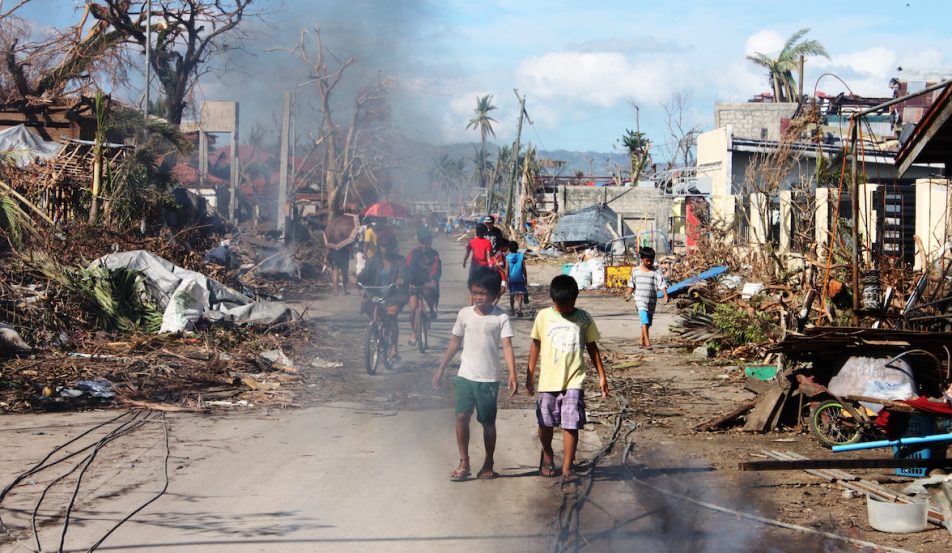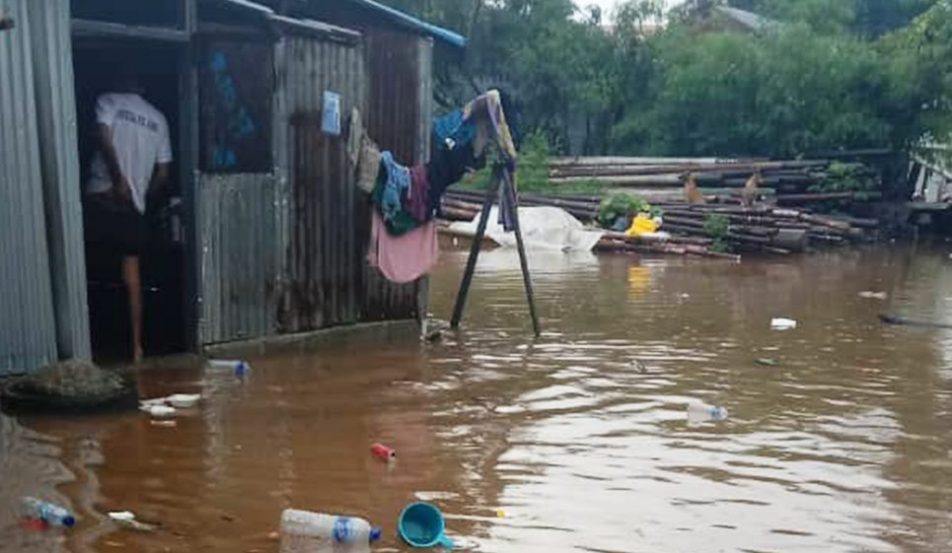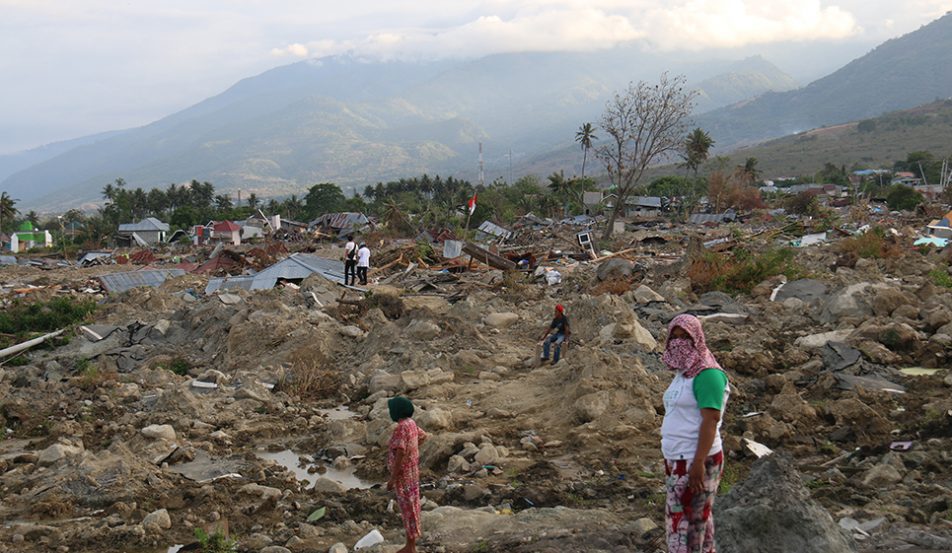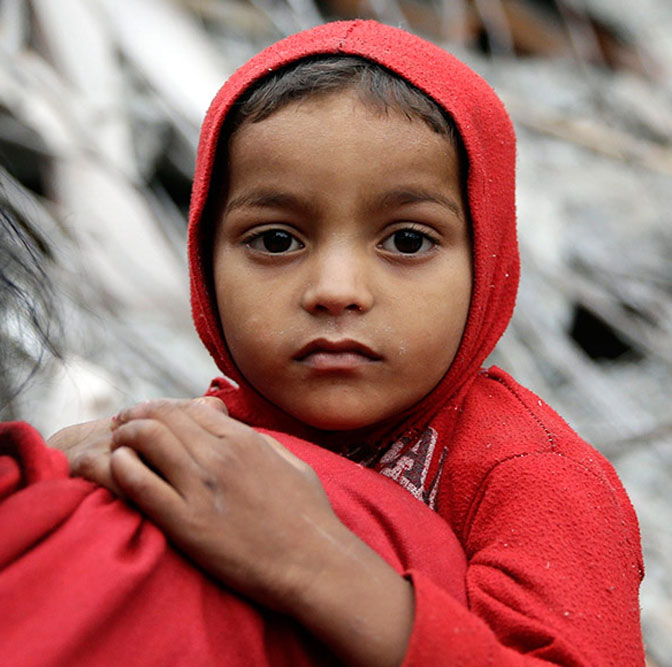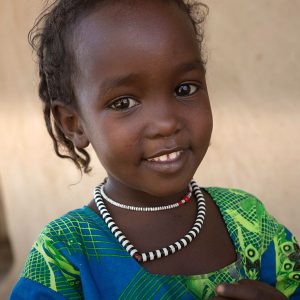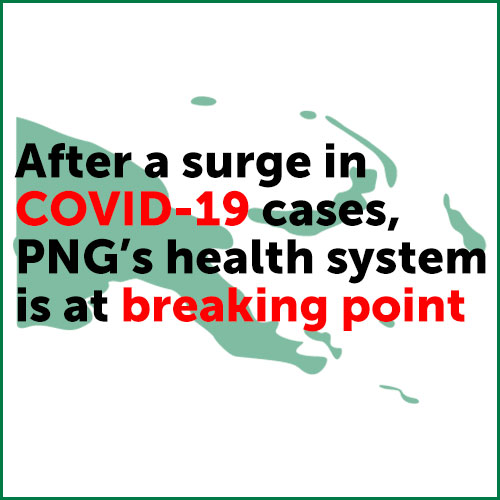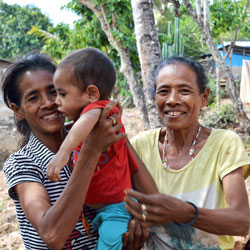Ethiopia continues to feel the effects of drought
In drought-stricken Ethiopia, ChildFund continues to work with the United Nations, government agencies and local partners to provide nutritious food, clean water, healthcare and other essential child wellbeing services.
According to ChildFund Ethiopia’s National Director Chege Ngugi: “We are seeing fewer cases of acute malnutrition among children under age five, new mothers and the elderly.” The total number of children admitted to ChildFund’s Therapeutic Feeding Program (TFP) has declined by 18 percent in comparison to June 2016.
However, Chege warns that renewed food shortages continue to be a significant threat to families in rural communities. Chege explains: “This season’s below-average Kiremt (winter) rainfall means that further challenges are ahead.” The El Nino weather conditions mean low levels of rain in October and November has led to poor harvests in Oromia and the Rift Valley. As a result, many households are likely to run out of staple foods between now and May.
With funding from the UN Office for the Coordination of Humanitarian Affairs (UNOCHA), as well as private donors, ChildFund and its partners have been distributing fortified cereals and cooking oil to help thousands of acutely malnourished children aged under five, as well as pregnant and lactating women, since the food crisis emerged in 2015.
ChildFund continues to address water shortages by drilling boreholes in communities, providing pumps and improving water access – this ensures communities have water available nearby for cooking and drinking, as well as sanitation purposes. Hygiene workshops for community leaders means better hygiene behaviours are being adopted at the local level, which in turn reduces the incidence of disease, particularly among young children.
Additionally, funding from UNICEF has enabled ChildFund to establish 20 Child-Centred Spaces and community groups, to promote children’s well-being. Most recently, 130 high school students took part in a peer education program which focused on children’s well-being, and which will enable them to better protect themselves and other children during the coming food crisis.



